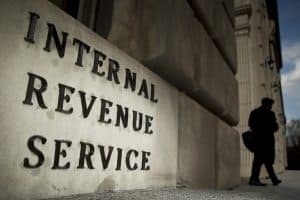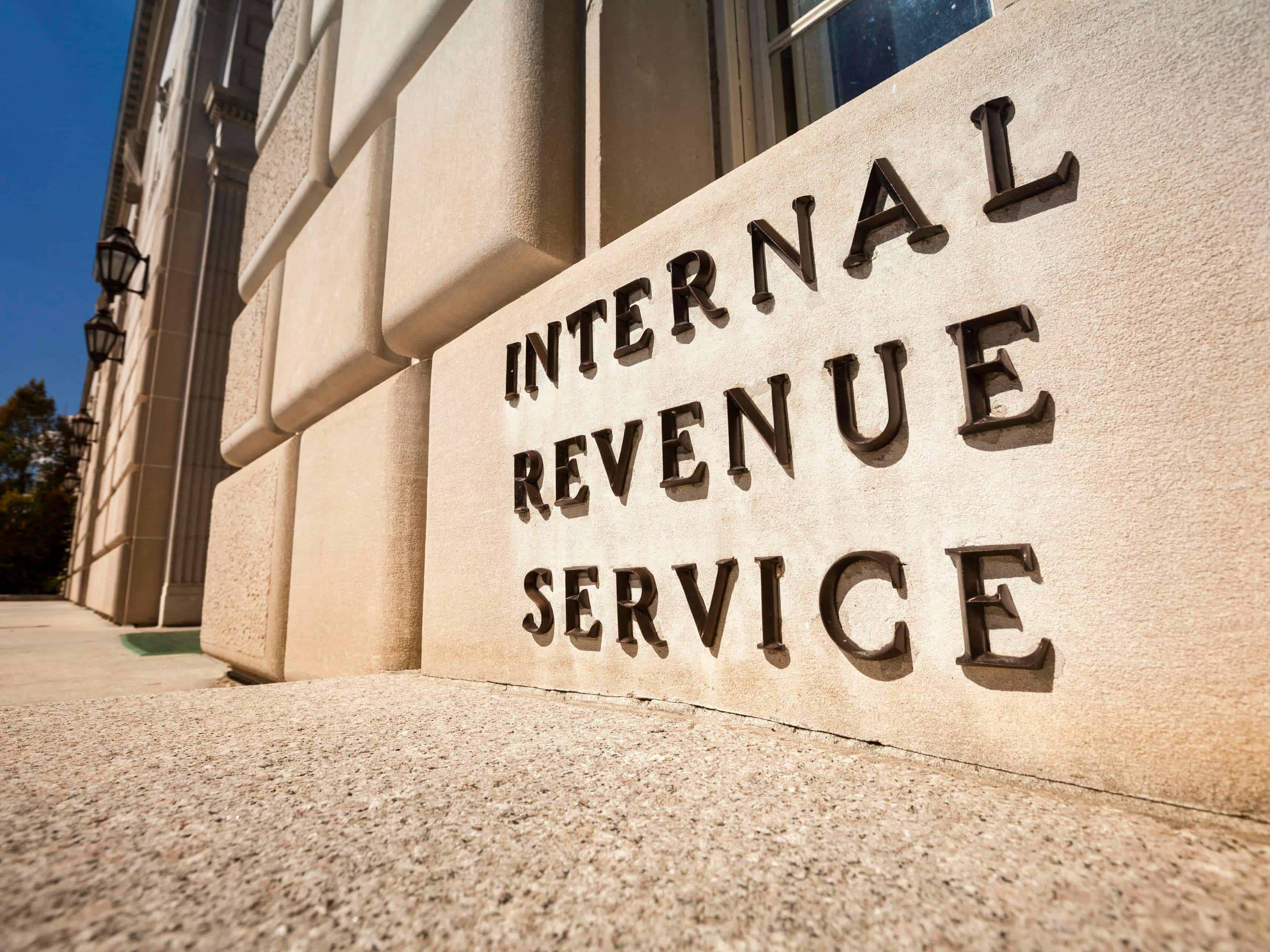Join Our Telegram channel to stay up to date on breaking news coverage
The Internal Revenue Service (IRS) of the US recently revealed that they successfully brought conviction in 91.2% of all tax crimes it identified during 2019. It highlighted an aggressive strategy to enforce rules and bring more tax criminals to justice.
IRS wants better conviction rates
IRS figures reveal that it has convicted at 9 out of 10 cases of tax crime. However, the officials suggest that they want to improve the conviction rate further. The annual report of criminal investigations emphasizes the aggressive enforcement actions by the agency. It also highlights how criminals are using new technologies and unique methods to evade taxes.
IRS criminal investigation unit head Don Fort commented,
“They took their money offshore and hid around the world, but we found them. They went on the dark web, thinking that their actions were anonymous, but they weren’t, and we again found them.”
He added that criminals are using cryptocurrencies to keep their transactions anonymous. However, IRS agents have found ways to identify their transactions and follow their illegal activities.
What does the data suggest?
The agency incarcerated about 79% of the convicted criminals in 2019 and sentenced them to three years on average. Other convicts were sent on house arrest, restitution and were ordered to pay fines. The IRS identified tax frauds valued at over $1.8 billion during the year. It also identified $4.4 billion in additional financial crimes, including frauds and money laundering.
The IRS prioritized tax evasion crimes in 2019 and focused its attention on cryptocurrencies. The anonymity feature of digital assets like Bitcoin allows users to transfer money around the globe with no oversight. Some coins like Zcash and Monero are designed to provide additional privacy to users and scrambles their tracks which makes identification difficult.
However, the IRS found a new way to tackle these issues. It received details of more than 10,000 users of cryptocurrency exchanges Coinbase and sent them letters earlier this year. It asked them to pay taxes on their crypto holdings or face action. Some of these letters had a relatively harsh tone which suggested that the agency isn’t keen on delays and excuses.
The newfound enthusiasm at the agency is being credited to Michael Desmond and Charles Retting who joined the agency in 2019 and 2018 respectively. Both are known to be effective tax litigators who keep prosecution in criminal cases as their top priority.
Join Our Telegram channel to stay up to date on breaking news coverage



